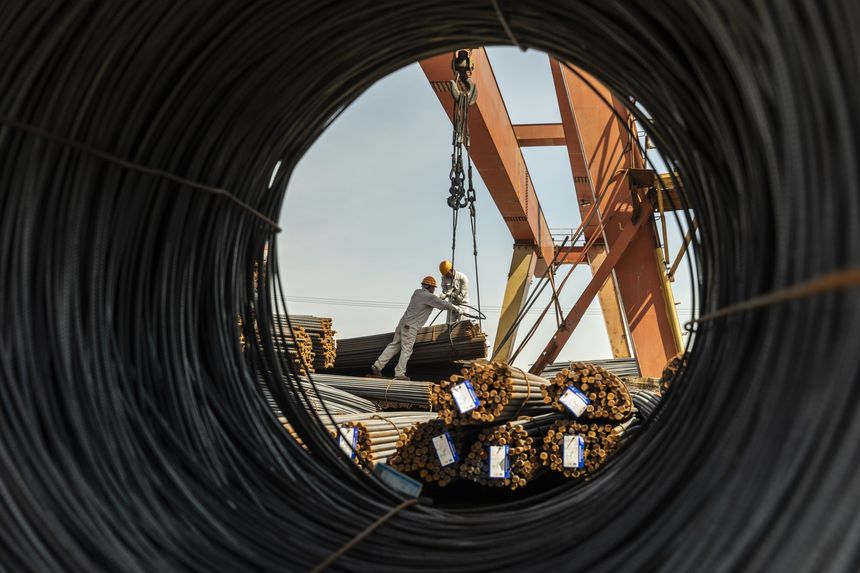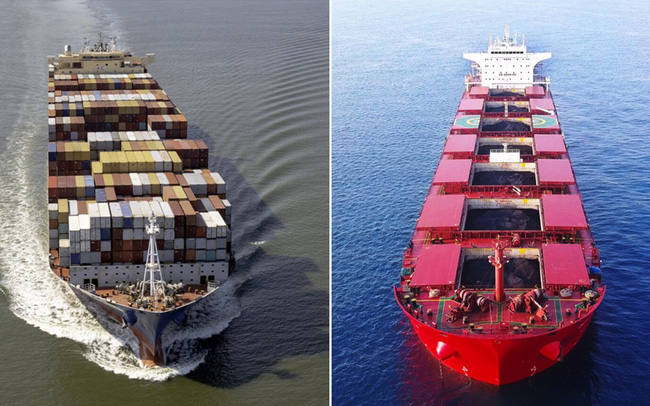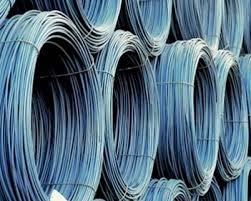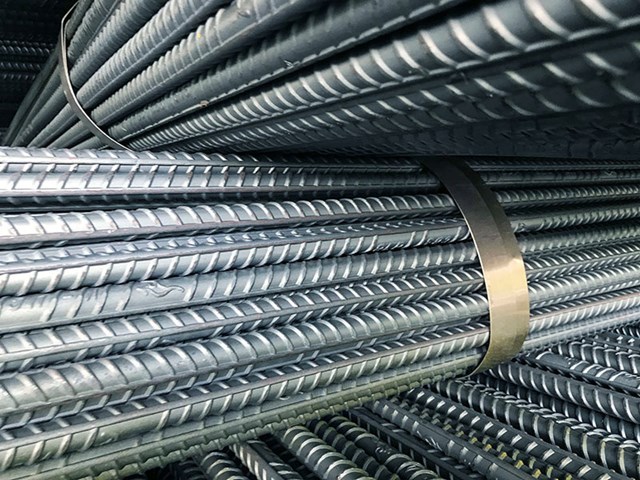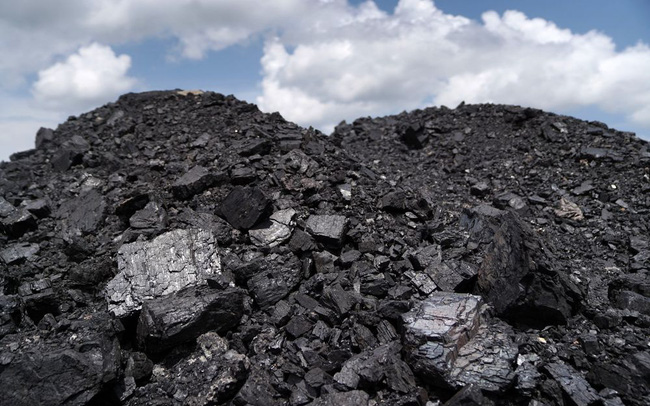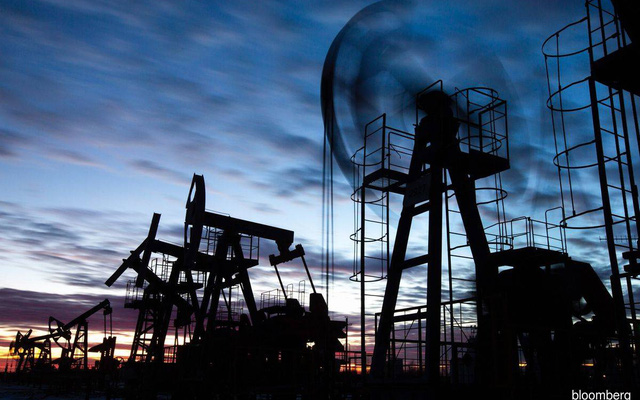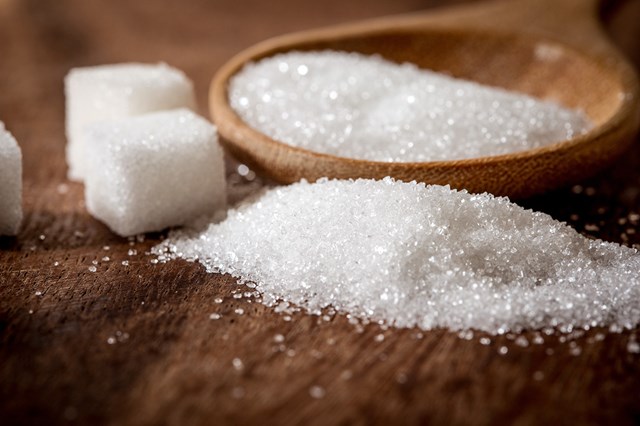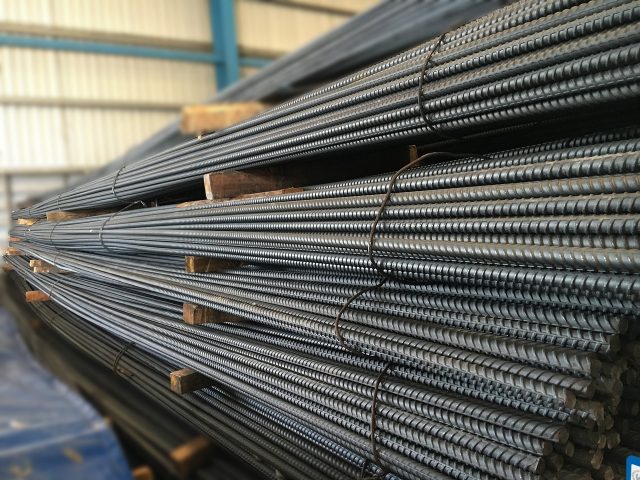So far this year, aluminum prices have risen about 40%, faster than all other heavily traded metals.
Perhaps few people know that Guinea, a West African country of 13 million people, plays a large role in the global raw material market. In recent years, the country has ramped up production of bauxite ore, the raw material for aluminum production, thanks to large investments from China.
In 2020, Guinea produces about 90 million tons of this material, accounting for about a quarter of the total global production. Guinea now supplies more than half of the bauxite ore used in China’s smelters. Meanwhile, China’s smelters produce more than 50% of the world’s aluminum.
Therefore, the military coup that plunged Guinea into turmoil on September 5 had a significant impact on the raw material markets. Events in the country pushed aluminum prices to a 10-year high. Guinea is also home to Simandou, one of the world’s largest untapped iron ore deposits.
However, according to The Economist, Guinea is just the latest factor behind the soaring aluminum prices. So far this year, aluminum prices have risen about 40%, faster than all other heavily traded metals. The reason for this sharp price increase is the growing demand.
Consumers locked down at home have more demand for refreshments, leading to higher demand for aluminum cans. As economies have recovered from a deep COVID-19 recession in 2020, demand for construction aluminum has increased. Generous infrastructure spending plans in the US, China and Europe have helped drive this demand even higher. Along with that, the sale of electric vehicles, which tend to contain more aluminum than conventional cars, have also boosted demand for the metal.
However, supply constraints are the more important factor. In August, a fire shut down a large metallurgical plant in Jamaica. Meanwhile, mining and metals company Rio Tinto is trying to resolve a strike at a smelter in Canada, along with other disruptions stemming from China.
Aluminum production uses a large amount of energy. The new energy consumption targets have prompted some provincial governments, such as those in Inner Mongolia and Xinjiang, to scale back production. Meanwhile, drought in Yunnan has affected the power output of hydroelectric plants. According to estimates by JPMorgan Chase, these could reduce China’s annual aluminum output by about 5%.
Whether the coup in Guinea will further constrain supplies remains unclear. So far, mines in the country are still operating, ships are still loaded with bauxite ore and warehouses in Chinese ports are also fully stocked. However, some analysts worry that other countries will impose sanctions on Guinea’s new government, or that the new regime itself will tax the miners. All of which will disrupt the flow of bauxite ore out of the West African nation.
Even then, however, bauxite ore is plentiful enough for Chinese smelters to choose from. This suggests that the bigger concern for the aluminum market is what the next Chinese regulations will look like.
Authorities were worried about the metal’s soaring prices hurting Chinese manufacturers. China has been exporting aluminum and other metals from strategic reserves to curb rising prices.
However, this is at odds with other targets such as China’s energy consumption target and aluminum output restriction, set in 2017, when authorities claimed the country was already producing output too much. If China’s smelters start limiting production near the threshold, prices could rise until new smelters are built elsewhere.
One possibility is that China begins to move aluminum production abroad, to places where labor is cheap, such as Indonesia. Some nickel production has shifted to Indonesia, and Hongqiao, the world’s largest aluminum producer, recently said it would expand its smelting operations in Indonesia.
Against this backdrop, the new rulers in Guinea could consider selling their bauxite ore to Indonesian companies, with the help of China, of course.
Source: BNEWS/VNA
T&G International Joint Stock Company
Address: 352 Hue Street, Le Dai Hanh Ward, Hai Ba Trung District, Hanoi
Hotline: 0345786803
Email: hrm@tginterjsc.com
Website: http://tginternationaljsc.com



